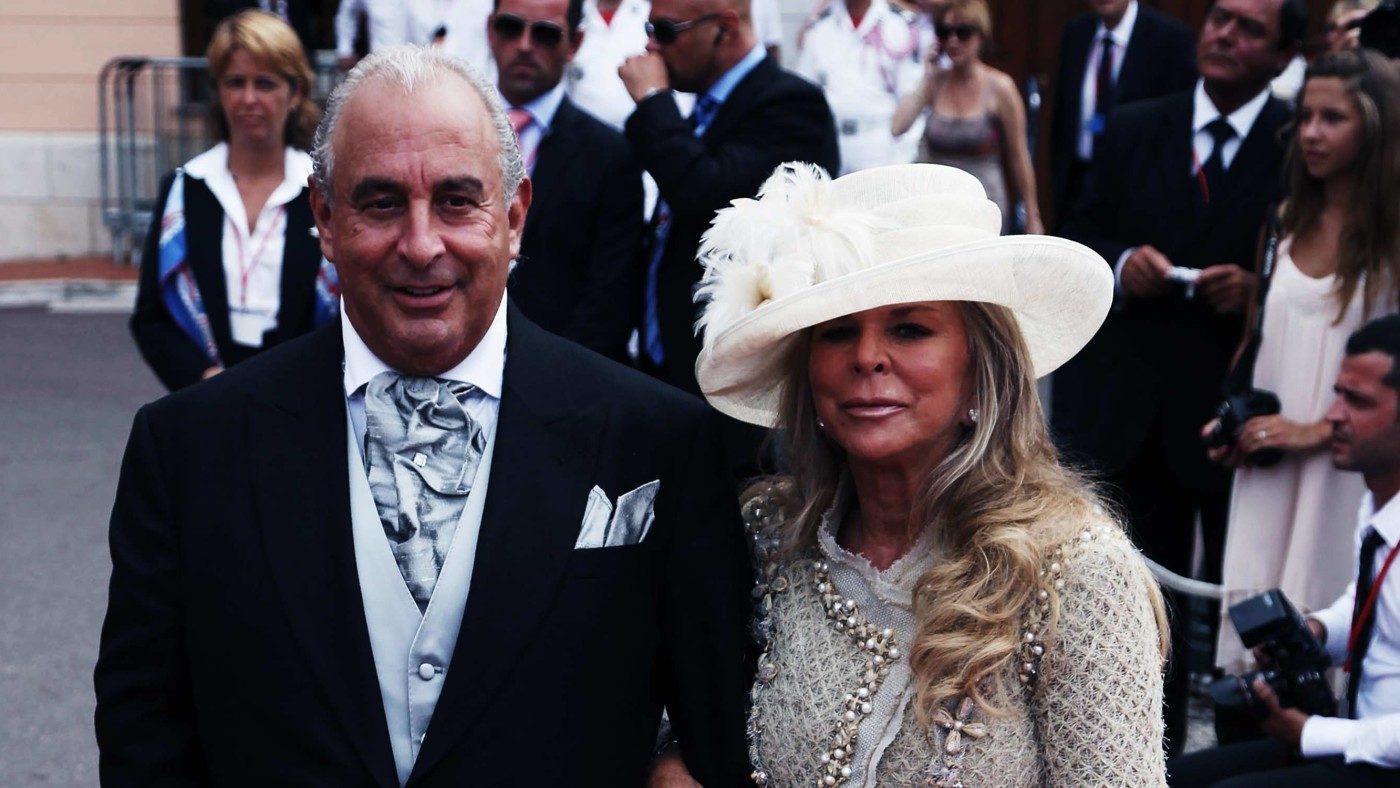Over the Christmas week, CapX is republishing its favourite pieces from the past year. You can find the full list here.
BHS was systematically loaded with debt, then sold off to a company which stripped any remaining value and took it into administration.
In a different context, such cartoonish behaviour would be redolent of despots in third world countries, or villains in satirical novels, rather than real life in 21st-century Britain.
For critics of capitalism, the terrible saga has turned the man who owned BHS for so long, Sir Philip Green, into the equivalent of Hugh Laurie’s character Richard Roper in The Night Manager, a caricature of the evils of free enterprise.
Anyone wanting to attack capitalism has suddenly found they have a lot of ammunition.
I hope that Dominic Chappell & Philip Green can sleep at night in their luxurious surroundings knowing they’ve shafted thousands of staff.
— Andrea Cook (@F3Lollipops) April 27, 2016
Greedy Philip Green ripping off BHS and its workers isn’t the bad side of Free Market Capitalism, it’s an inevitable consequence of it.
— Peter Dombi (@PeterDombi) April 27, 2016
After reading this I want to see Philip Green keelhauled beneath his own yacht. Ugly face of capitalism. https://t.co/14KyGjBRik
— Charles Arthur (@charlesarthur) April 26, 2016
The media are as outraged as the public. Here’s Kevin Maguire of the New Statesman:
Unacceptable face of capitalism: 11,000 BHS workers fear the axe and Philip Green buys a THIRD luxury yacht https://t.co/6denYFV9KN
— Kevin Maguire (@Kevin_Maguire) April 25, 2016
And here’s a BBC headline: Sir Philip Green: From ‘King of the High Street’ to ‘Unacceptable Face of Capitalism’.
People are right to be angry. But that anger should not just come from the left, the anti-capitalists, the Corbynites, and the liberal Guardianistas. Because this is not “capitalism as usual”.
In a market system, individuals make money based on their success. Companies that cannot remain competitive collapse. It is a sad but necessary part of the process of innovation. When they collapse, their owners lose money. They are not rewarded for failure.
Contrast that to the BHS story. Green’s wife Tina received £400 million in dividends as the value of BHS plummeted from £200 million when he bought it in 2000 to £1 when he sold it in 2015. Tina Green resides in Monaco. Meanwhile the pension fund went from a surplus to a £571 million deficit.
Tim Worstall, whose opinion piece ran against mine in CityAM earlier this week, points out that the pension black hole is down to the market collapse of 2008 – something which was out of Green’s control.
But even if this is the case, the Green’s company continued to suck out many millions in rents and charges even as the value of BHS and its pension fund was nose-diving.
Green’s offer to put £80 million back into the pot is a feeble attempt to make amends, especially as it comes alongside news regarding his third yacht (reportedly bought for about £100m.)
It is an insult to the staff, to the Pension Protection Fund that is funded by other British businesses, and to taxpayers that underwrite the scheme. They risk being saddled with the remaining £491 million shortfall. So are Green’s comments to The Mirror that “I wouldn’t wipe my a**e with that story”, which shows yet more disregard for the people who are now suffering as a result of BHS’s collapse.
To criticise Green is not just the grumbling of the envious. One does not have to agree with Thomas Piketty, Jeremy Corbyn, or Owen Jones to see that something has gone very badly wrong when the man who oversaw the demise of a high street retail giant walked away with millions.
Anyone who values healthy capitalism should be furious that the system has failed here.


